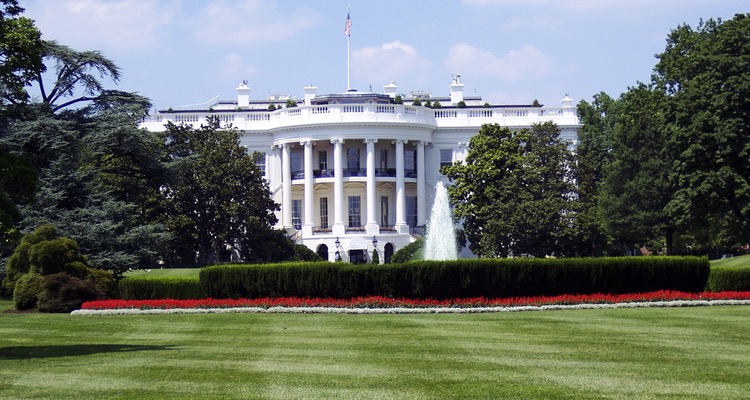
Photo Credit: pexels
Something very interesting is happening in Washington, D.C. these days. Lawmakers from both sides of the political aisle are introducing more and more rules for how big tech giants – and social media companies in particular – can operate. The era of self-regulation appears to be coming to a close, followed by an era of strict regulation. But will this actually create a more level social media playing field?
Introducing the ACCESS Act
Take, for example, a new bill known as the ACCESS (Augmenting Compatibility and Competition by Enabling Service Switching) Act. According to the U.S. senators who are proposing this bill, the ACCESS Act will encourage competition among different websites, and enable small social media startups to compete on equal terms with billion-dollar behemoths.
The goal, at the end of the day, is to make it as easy as possible for consumers to switch between competing services. Tired of the way that Facebook is abusing your privacy? Then simply take all of your followers, data, and account settings over to a rival service such as Twitter. That way, if customers switch services, there is no fear of losing content, followers, friend lists, or other details of your personal life that you might have spent years building up. Imagine being able to port all of your Facebook data over to TikTok or Snapchat, with absolutely no fear of losing any of your data or connections.
The case for the ACCESS Act
On the surface, of course, the ACCESS Act makes a lot of sense. While it might be easy in today’s social media landscape to migrate posts from a Blogger site to a Tumblr account, it’s impossible to migrate Twitter posts into a Facebook profile (and vice versa). According to U.S. politicians, this is what has helped to account for Facebook’s dominant market share – once you’ve created any amount of content on Facebook, it is a very daunting prospect to give it all up and start over somewhere else. Thus, any new social networking platform that happens to come along is going to have a very difficult time attracting new users.
The case against the ACCESS Act
However, there’s something very off-putting about the government getting involved in reshaping the social media world. Sure, if there were a bunch of millennials in charge of doing this, the idea might be a bit more palatable. But, honestly, do you really think Sen. Mark Warner or Sen. Richard Blumenthal –two of the co-sponsors of the bill – spend any appreciable amount of time on Facebook, Twitter, or (gasp!) TikTok?
If they did, they would know that social media users have very different uses for all of these platforms. Pretty much Rule No. 1 in the world of social media marketing is “never re-purpose content from one platform to another.” Thus, assuming that Twitter is the same thing as Facebook is making a fundamental mistake about how people use social media.
Does replicating the phone number portability law make sense?
You see, the ACCESS Act is based on the 1996 phone bill that made it very easy for customers to “port” their phone numbers from one phone carrier to another. It might seem hard to remember, but at one time, if you changed your phone carrier, you also lost your phone number. That helped to create a tremendous amount of customer lock-in. Once you had an AT&T account, for example, it would take an unbelievable deal to get you to switch to Verizon, Sprint or T-Mobile.
But think about it – a phone carrier is a phone carrier is a phone carrier. Despite all the glitzy marketing hype, there’s not really a big difference between any of the big carriers. Maybe AT&T has a special iPhone deal, or Verizon has the best coverage, or Sprint has the best prices, but everybody uses their phones the same way to connect to a network. Thus, the phone number portability law made a lot of sense. (And still makes a lot of sense)
So, the U.S. senators are coming up with new legislation, not because they understand social media, but because they are trying to replicate the same success of a bill from nearly 25 years ago. This might just end up being a case of “be careful what you wish for.” We all wished for greater government oversight and regulation, but what we get in return might not be the best option for social media users. In fact, in a worst-case scenario, such legislation might end up favoring the big social media companies like Facebook.